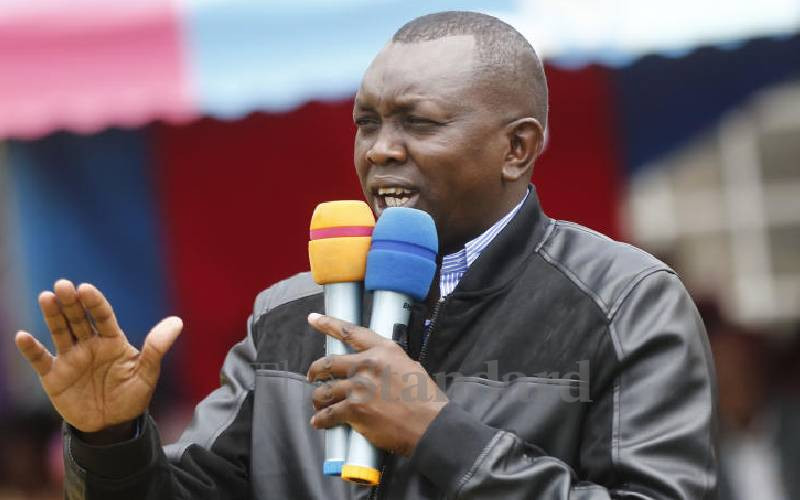×
The Standard e-Paper
Home To Bold Columnists

A report released on Wednesday by researchers Mzalendo Trust revealed glaring misalignment between the priorities of Parliament and the expectations of the public.
The scorecard on lawmakers analysed their contribution and activities in the National Assembly and response to crucial matters during debate in the plenary.